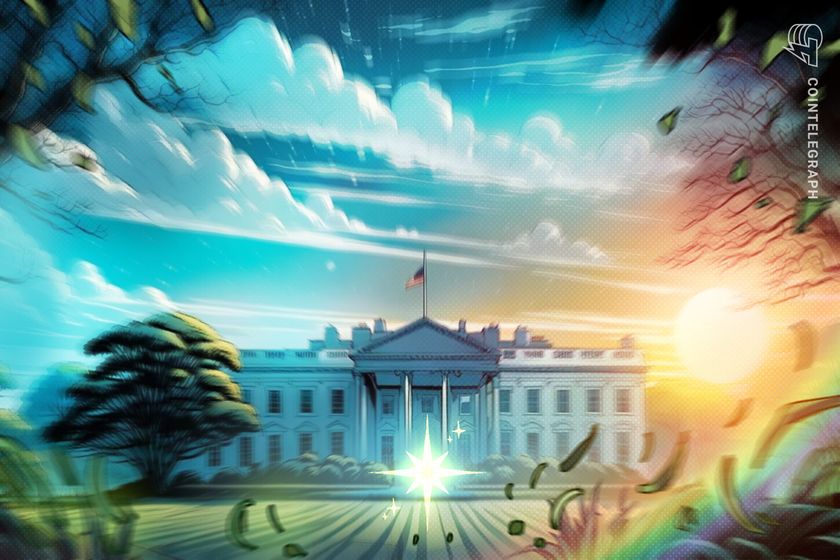Although the White House claimed progress was made, no official details on a deal were announced, casting doubts on the purported agreement.

The White House announced that talks between the United States and China regarding a trade deal have made “substantial progress,” yet no official deal has been announced at this time, leaving investors in doubt.
According to a May 11 announcement from the White House, more details on the trade talks and the proposed “agreement” will be revealed on May 12.
“I am happy to report that we made substantial progress between the United States and China in the very important trade talks,” Treasury Secretary Scott Bessent said in a joint statement with US trade representative Jamieson Greer.
“We will be giving details tomorrow, but I can tell you that the talks were productive,” Bessent continued, without mentioning the word “deal” once in his statement.
Greer made mention of the deal but did not give any details on the talks, leaving investors in doubt about the substance of the announcement, as market participants continue to monitor the ongoing trade tensions for signs of relief for financial markets.
Related: Bitcoin nears $100K as Trump set to reveal trade deal with UK
Trump’s tariffs cause chaos in markets and draw widespread criticism
Although traditional financial and digital asset markets have recovered and retraced some of the value lost following the initial price shock brought on by US President Donald Trump’s sweeping trade tariffs, investor uncertainty still looms over asset markets.
The Trump administration has flip-flopped on its tariff policies, reversing course on trade proposals or softening its rhetoric several times, leaving investors on edge and uncertain about investing in riskier assets like tech stocks and crypto.
In April 2024, the US Customs and Border Protection, at the behest of the Trump administration, announced that select tech products would be exempt from tariffs including, smartphones, processing chips, computers, and other electronics.
However, US Commerce Secretary Howard Lutnick walked back the electronic tariff exemptions one day following the announcement.
Lutnick said that the tariff exemptions would only be temporary until administration officials decided on a comprehensive tariff regime that featured different tariff rates for economic sectors.
The lack of a comprehensive, decisive trade policy has called the Trump administration’s plans into question, with many observers saying that the trade tariffs will only create more discord in financial markets and the broader economy.
Magazine: Elon Musk’s plan to run government on blockchain faces uphill battle








Leave feedback about this